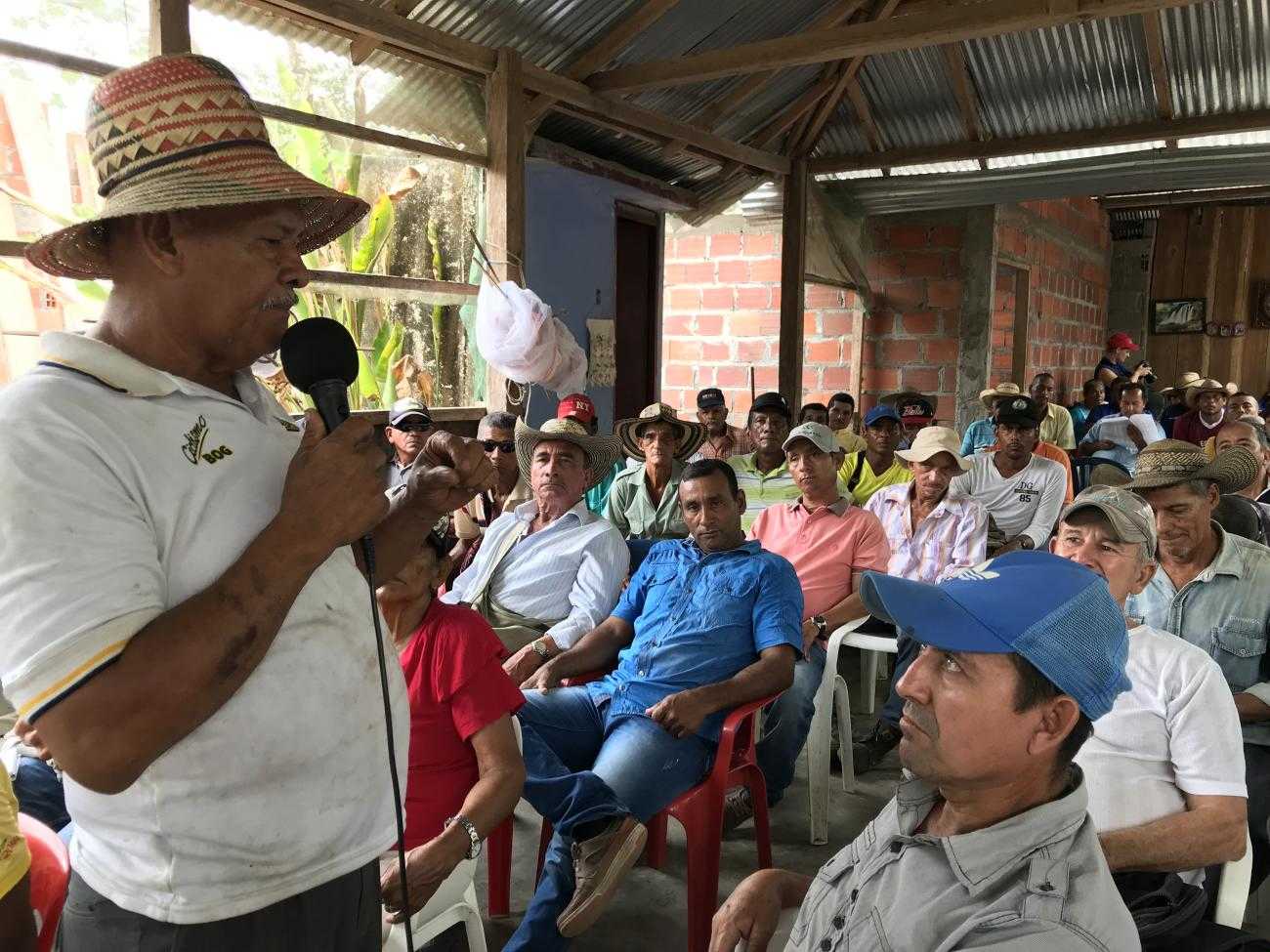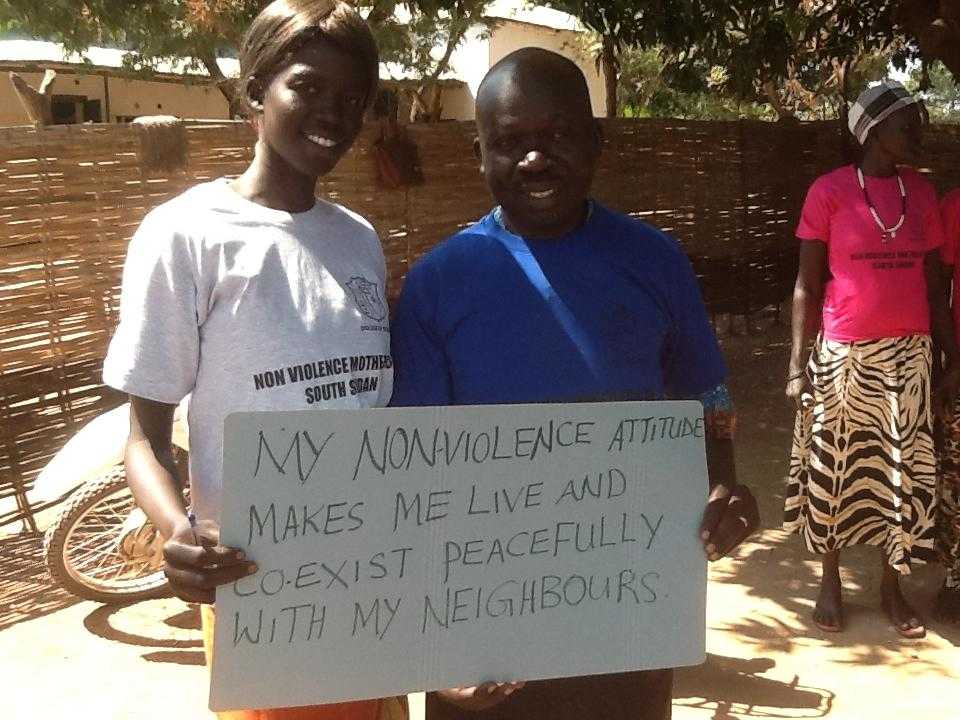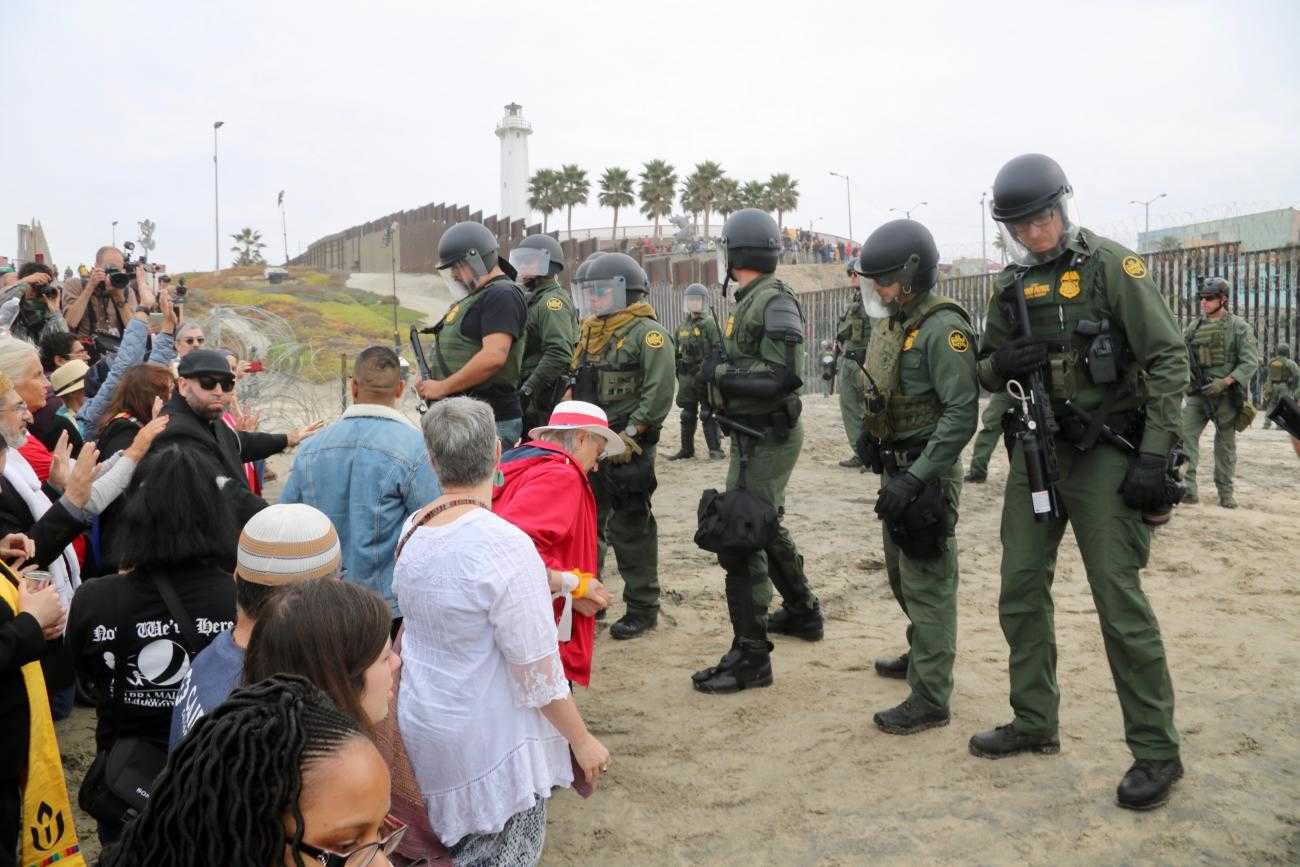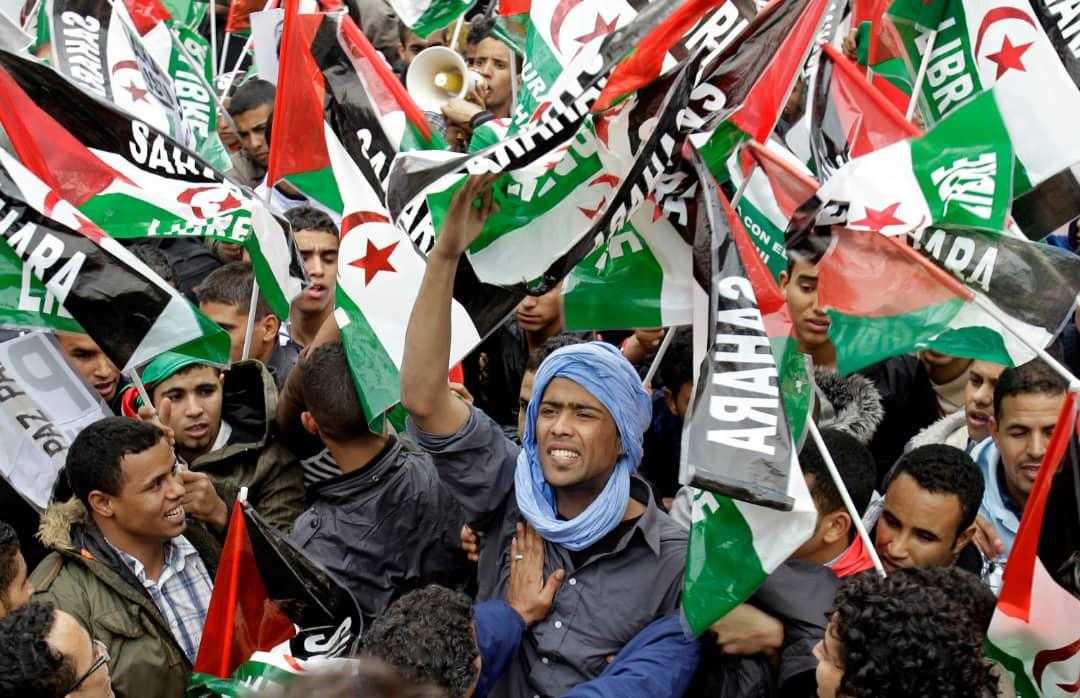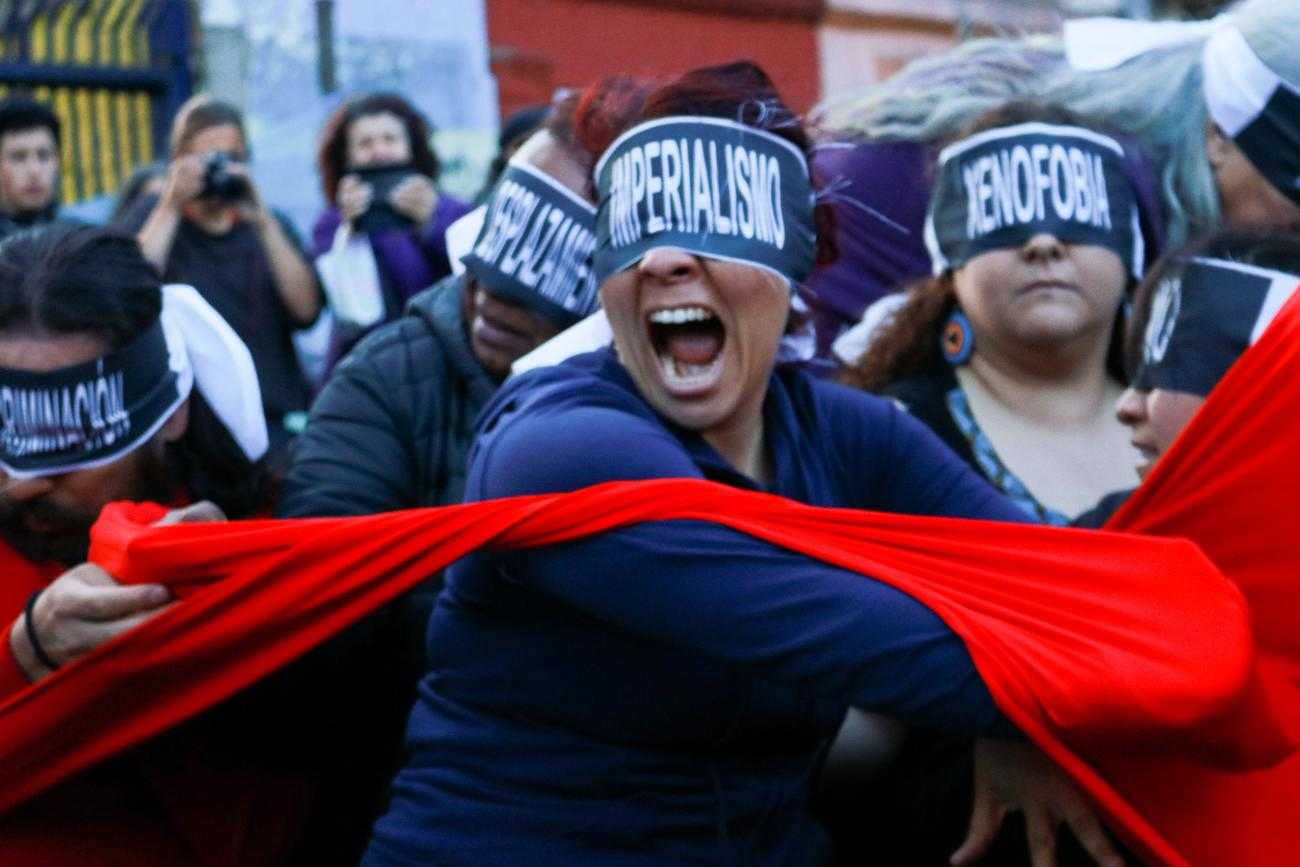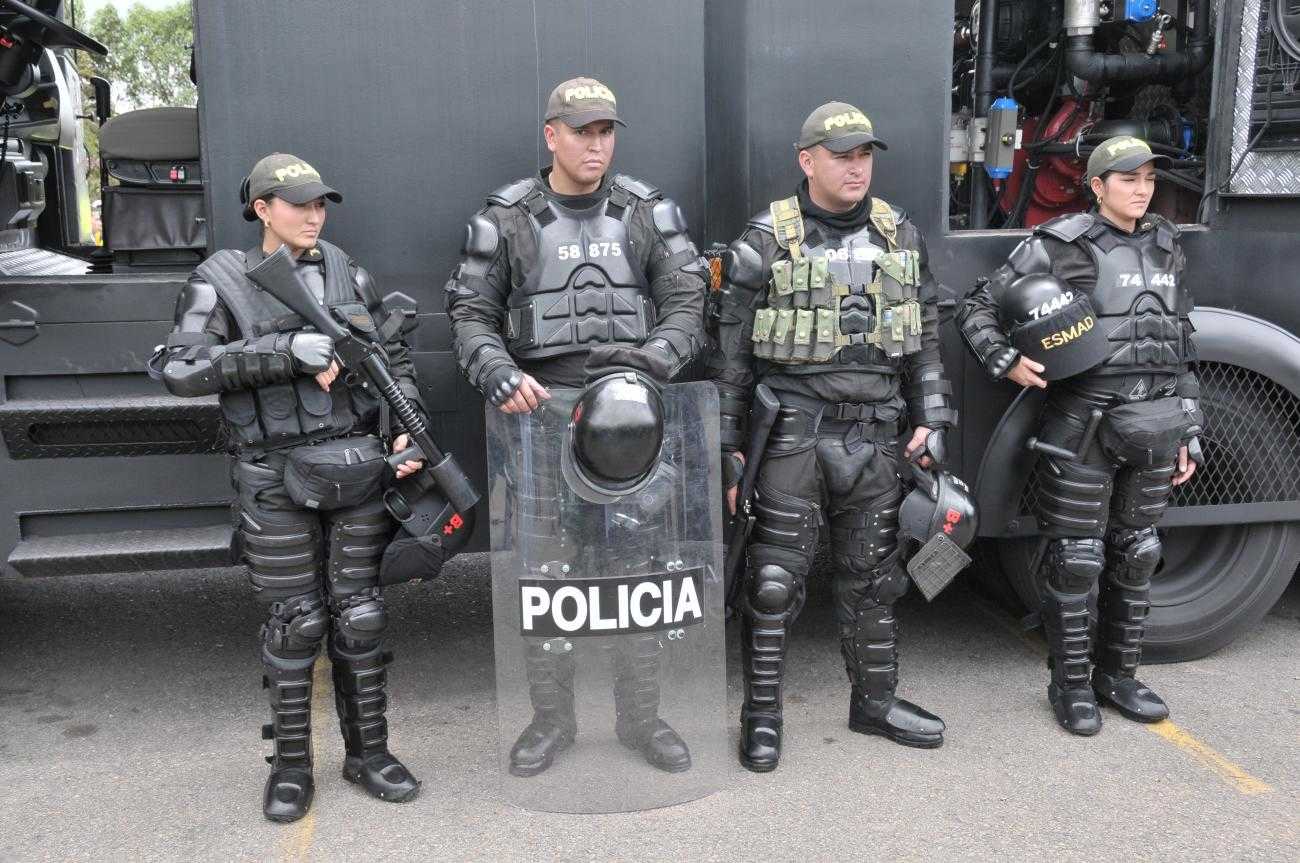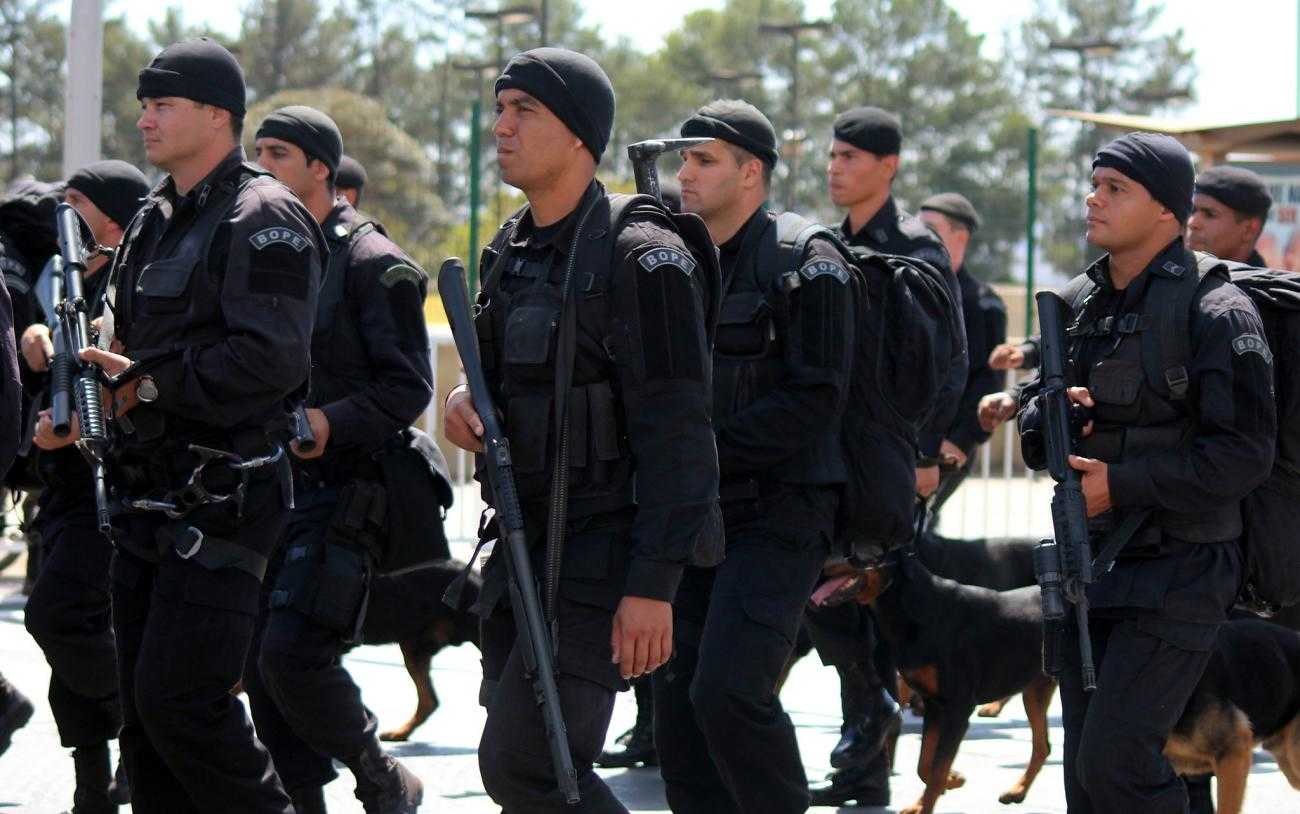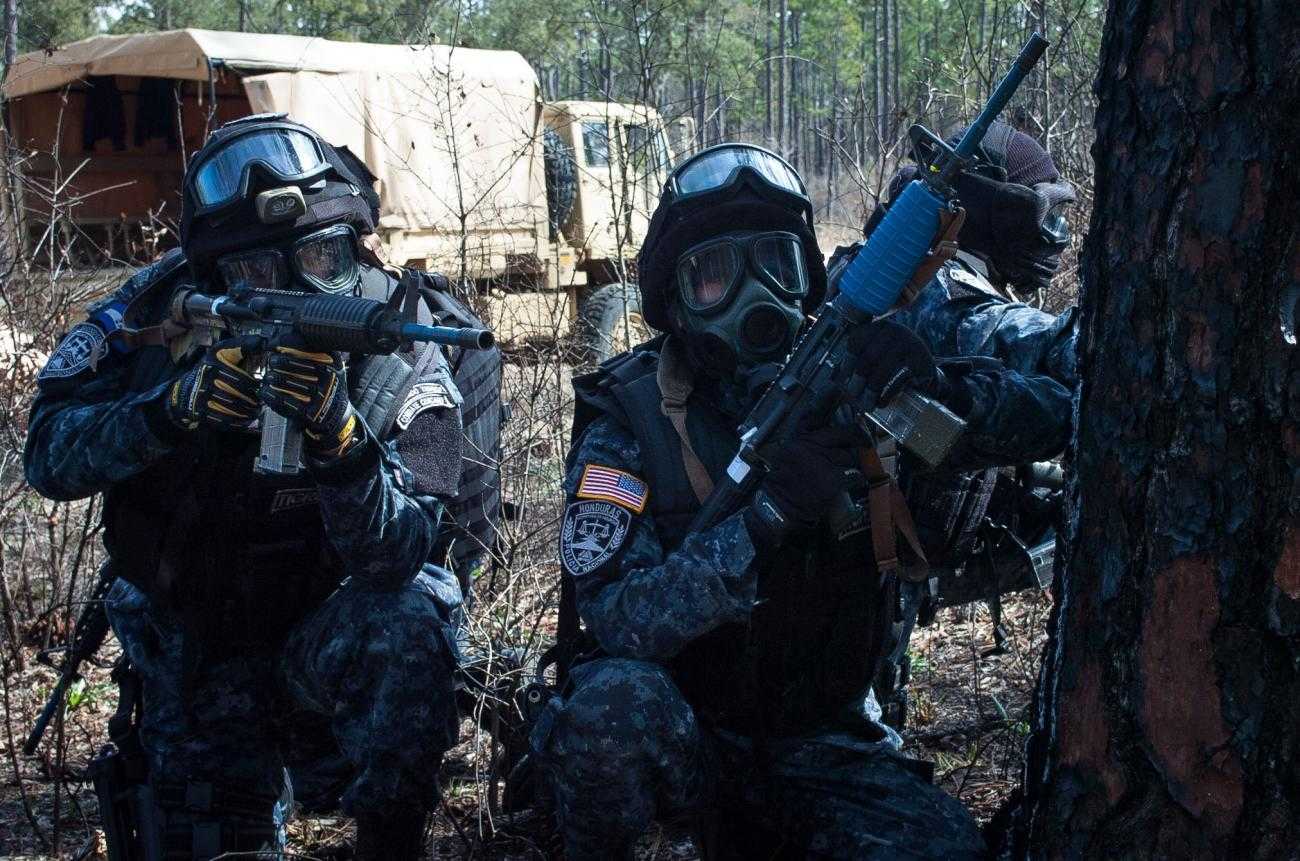The Broken Rifle
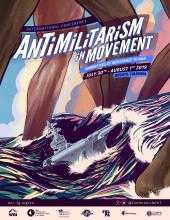
On July 30th, 31st and August 1st, 2019 WRI held our International Conference “Antimilitarism in Movement: Narratives of resistance to War” in Bogotá, Colombia. Around 150 people from all over the world participate in this event where we could map how militarism affects our own territories, countries and communities; share our resistance strategies and planned different actions for the future.
This international conference was an opportunity to discuss, learn, reflect on how are we living in a world that is highly militarized; make connections, identify people, groups, companies that are investing in war; and understand how war is affecting people, entire communities and the environment, especially in the Global South. Sometimes we are so engaged with our work against war in our own context that we can’t see how militarism is being challenged somewhere else. It can be lonely, but the truth is that militarism follows the same patterns and most probably there are people dealing with similar issues or doing the same work we are already doing. This Conference allowed us to see why international solidarity is so important, and the potential of working between countries to build stronger and long-term campaigns, to keep resisting war and all its causes.
A few days ago, I read a quote from Dorothy Day, that says “No one has a right to sit down and feel hopeless. There is too much work to do”. I partially agree with her. It is true that there is too much work to do, but sometimes, reality can be overwhelming, daunting, difficult to digest. That is why we need to continue to communicate, to listen, to recognise our privileges, get uncomfortable when someone points them to us (and do something about them!), and remember that we are not the only ones resisting to war, that we are stronger when we work together and most importantly that we need to take action. Now.
This edition of the Broken Rifle includes some articles of the amazing speakers we had during Antimilitarism in Movement, from the local to the global context:
- An article written by La Tulpa Collective about the militarism and militarization in Colombia,
- a piece written by Julian Ovalle as a member of RAMALC outlining how militarisation impacts communities across Latin America,
- and an edited version of Nada Hussein's talk where she discusses the impact of Israeli militarisation around the world.
We then move to the talks given during the second day of the Conference:
- first, the nonviolent resistance to war of El Garzal peasant community in Colombia,
- second, an overview of the campaigns of resistance to militarisation and militarism within the Spanish state,
- third, stories of resistance along the US/Mexico border,
- and fourth, an article that discusses how South Sudanese have resisted and continue to resist violence and militarism, promoting nonviolent alternatives to them.
Finally, we have a country profile of Western Sahara along with an overview of the actions NOVA (Non-violence group) have taken in the country, some personal reflections written by people who participated in the Conference, and a piece by activists in Colombia on their approach to organising empowering nonviolent acts of resistance.
